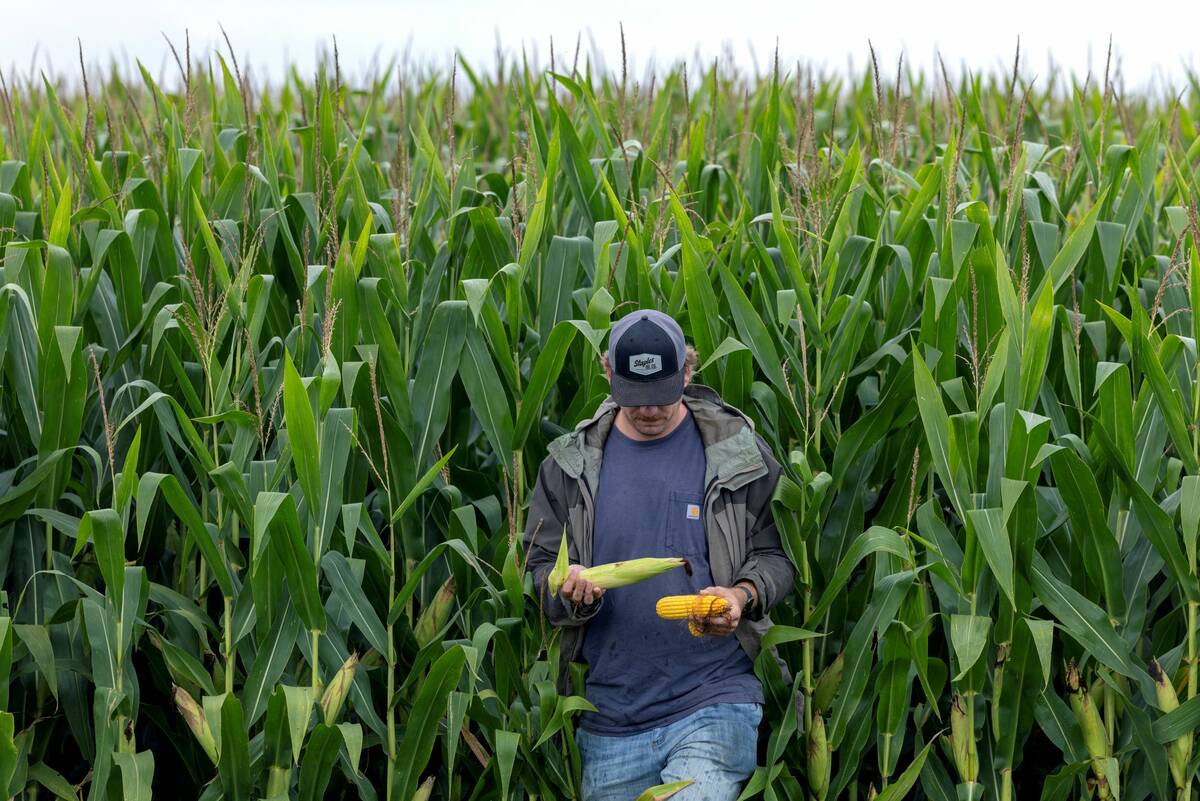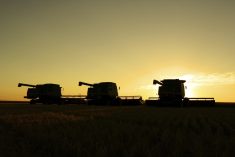Brussels/Paris | Reuters — The European Union will consider letting farmers use fallow land, notably to grow protein crops for livestock feed, to counter disruption to supply from Ukraine following Russia’s invasion, officials said on Wednesday.
Russia’s week-old invasion of Ukraine has sent European wheat prices to record highs. Ukraine and Russia are two of the world’s largest grain exporters.
Trading firms have been seeking EU grain, wheat and corn to replace Ukrainian supplies for export, but the EU is also reliant on imports of corn and sunflower seed for livestock feed.
Read Also

The U.S. corn crop could be the biggest ever. That’s terrible news for America’s farmers.
The USDA predicts a record corn crop for U.S. farmers, who question the agency’s accuracy amidst high debt and low crop prices.
“A number of member states suggested that we could perhaps use set-aside land for growing protein crops,” French Agriculture Minister Julien Denormandie said after a meeting with EU counterparts to discuss the impact of the war in Ukraine.
The European Commission is to study how to apply such a move, which would modify EU farm policy rules on preserving soils and biodiversity, and make proposals at a next ministers’ meeting on March 21, he told reporters.
French cooperative group InVivo, one of Europe’s largest agricultural firms, earlier on Wednesday said a waiving of set-aside rules under the EU’s Common Agricultural Policy could increase cultivated area by 10-15 per cent and boost EU wheat output.
InVivo, whose activities include distribution of farm supplies and fertilizer production, also wanted the EU to give farmers aid to help with soaring fertilizer costs, CEO Thierry Blandinieres told reporters.
The EU is considering measures on fertilizers in relation to its wider response to the impact of soaring energy costs, EU agriculture commissioner Janusz Wojciechowski told reporters.
The EU will also study relief measures for the hog and poultry sectors, and will discuss with international organizations humanitarian aid for Ukraine and the needs of countries that usually rely on Ukraine for food commodities, he added.
— Reporting for Reuters by Kate Abnett in Brussels and Gus Trompiz in Paris.











